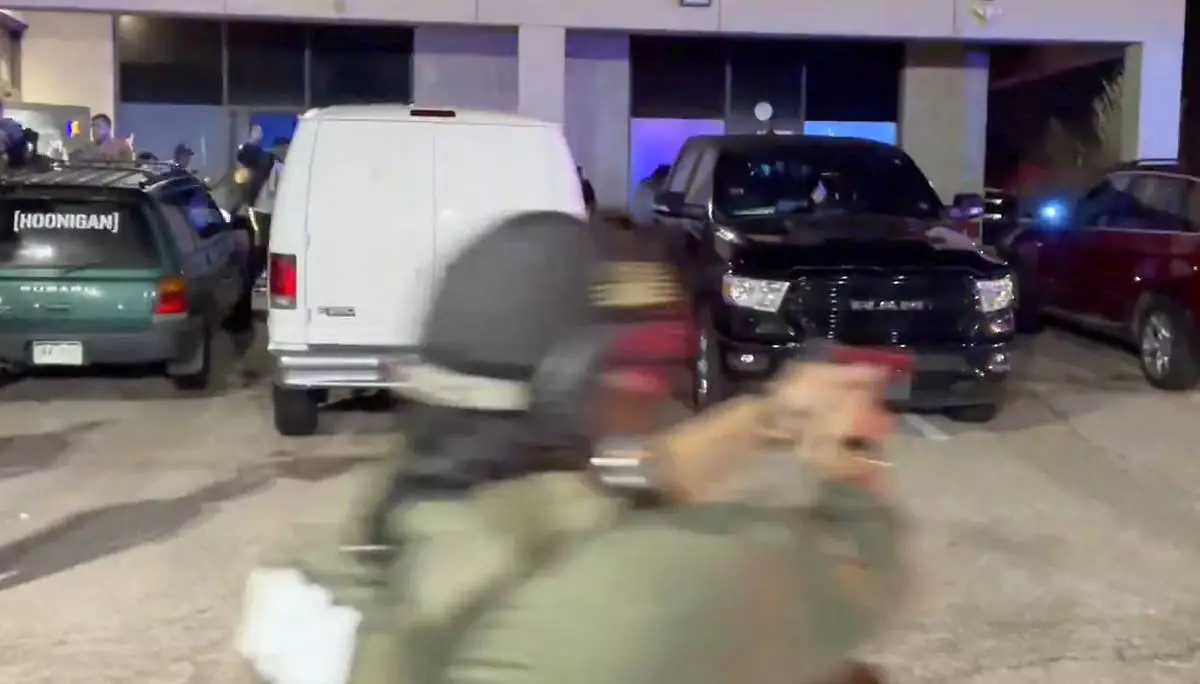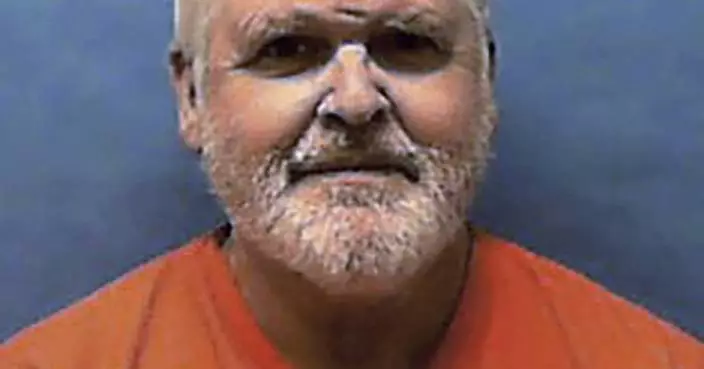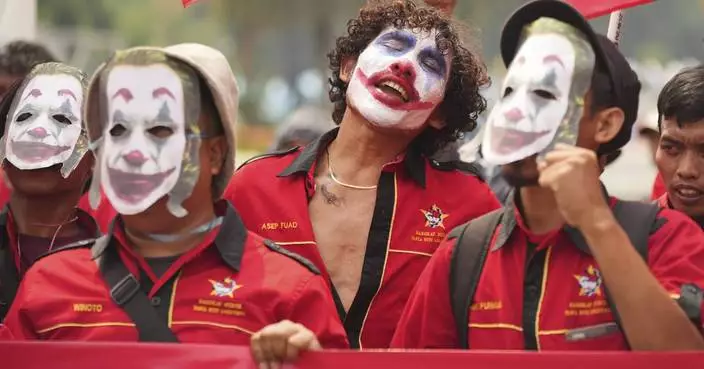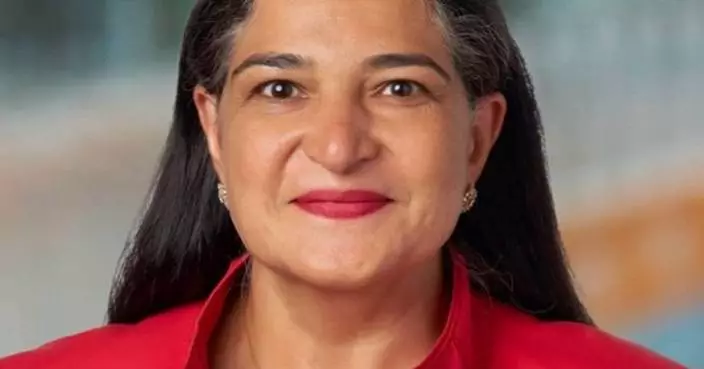LONDON (AP) — Most people have accumulated a pile of data — selfies, emails, videos and more — on their social media and digital accounts over their lifetimes. What happens to it when we die?
It's wise to draft a will spelling out who inherits your physical assets after you're gone, but don't forget to take care of your digital estate too. Friends and family might treasure files and posts you've left behind, but they could get lost in digital purgatory after you pass away unless you take some simple steps.
Here's how you can prepare your digital life for your survivors:
The iPhone maker lets you nominate a “ legacy contact ” who can access your Apple account's data after you die. The company says it's a secure way to give trusted people access to photos, files and messages. To set it up you'll need an Apple device with a fairly recent operating system — iPhones and iPads need iOS or iPadOS 15.2 and MacBooks needs macOS Monterey 12.1.
For iPhones, go to settings, tap Sign-in & Security and then Legacy Contact. You can name one or more people, and they don't need an Apple ID or device.
You'll have to share an access key with your contact. It can be a digital version sent electronically, or you can print a copy or save it as a screenshot or PDF.
Take note that there are some types of files you won't be able to pass on — including digital rights-protected music, movies and passwords stored in Apple's password manager. Legacy contacts can only access a deceased user's account for three years before Apple deletes the account.
Google takes a different approach with its Inactive Account Manager, which allows you to share your data with someone if it notices that you've stopped using your account.
When setting it up, you need to decide how long Google should wait — from three to 18 months — before considering your account inactive. Once that time is up, Google can notify up to 10 people.
You can write a message informing them you’ve stopped using the account, and, optionally, include a link to download your data. You can choose what types of data they can access — including emails, photos, calendar entries and YouTube videos.
There's also an option to automatically delete your account after three months of inactivity, so your contacts will have to download any data before that deadline.
Some social media platforms can preserve accounts for people who have died so that friends and family can honor their memories.
When users of Facebook or Instagram die, parent company Meta says it can memorialize the account if it gets a “valid request” from a friend or family member. Requests can be submitted through an online form.
The social media company strongly recommends Facebook users add a legacy contact to look after their memorial accounts. Legacy contacts can do things like respond to new friend requests and update pinned posts, but they can’t read private messages or remove or alter previous posts. You can only choose one person, who also has to have a Facebook account.
You can also ask Facebook or Instagram to delete a deceased user’s account if you’re a close family member or an executor. You’ll need to send in documents like a death certificate.
The video-sharing platform says that if a user has died, people can submit a request to memorialize the account through the settings menu. Go to the Report a Problem section, then Account and profile, then Manage account, where you can report a deceased user.
Once an account has been memorialized, it will be labeled “Remembering.” No one will be able to log into the account, which prevents anyone from editing the profile or using the account to post new content or send messages.
It's not possible to nominate a legacy contact on Elon Musk's social media site. But family members or an authorized person can submit a request to deactivate a deceased user's account.
Besides the major online services, you'll probably have dozens if not hundreds of other digital accounts that your survivors might need to access. You could just write all your login credentials down in a notebook and put it somewhere safe. But making a physical copy presents its own vulnerabilities. What if you lose track of it? What if someone finds it?
Instead, consider a password manager that has an emergency access feature. Password managers are digital vaults that you can use to store all your credentials. Some, like Keeper,Bitwarden and NordPass, allow users to nominate one or more trusted contacts who can access their keys in case of an emergency such as a death.
But there are a few catches: Those contacts also need to use the same password manager and you might have to pay for the service.
Is there a tech challenge you need help figuring out? Write to us at onetechtip@ap.org with your questions.
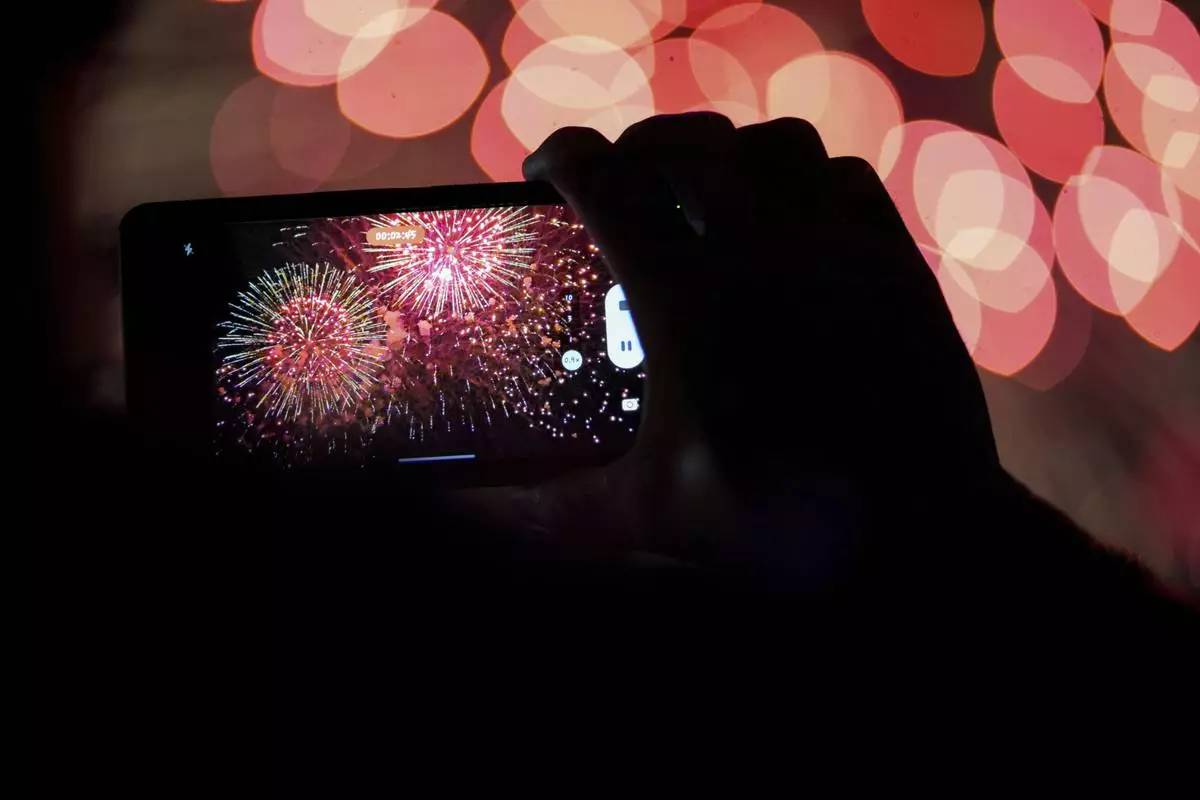
FILE - A spectator records a cell phone video as fireworks are launched over the Ohio River during the Western & Southern WEBN Fireworks show in Cincinnati on Sept. 3, 2023, in Cincinnati. (AP Photo/Aaron Doster)




